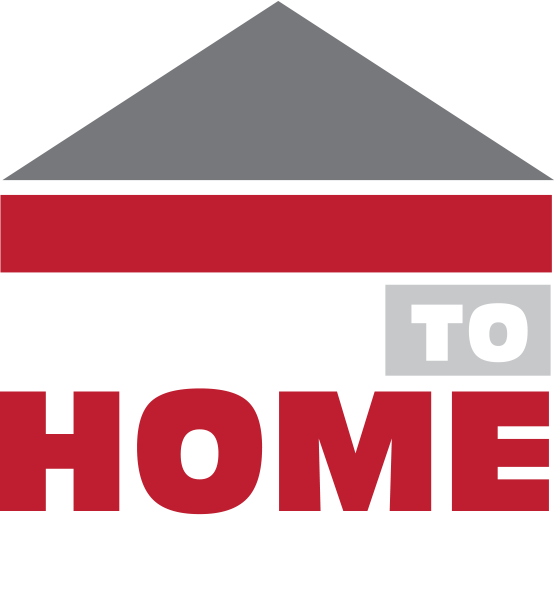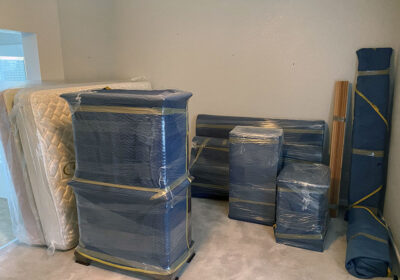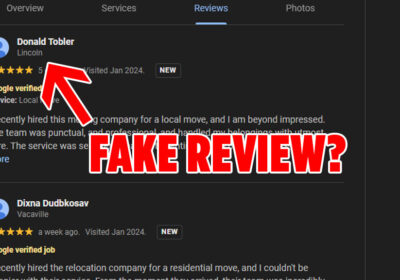 Before we dive into what homeowners insurance covers, let’s address exactly what homeowners insurance is. Homeowners insurance is a form of property insurance that will protect you against damages to the physical structure of your home as well as any personal belongings inside of it. Homeowners insurance will also protect you against liability exposure in case someone is injured on your property during an incident. Your insurance company will assess your situation and provide you with the financial means necessary to get you back on your feet. However, the extent to which your insurance company covers the costs of your incident depends on your policy. Let’s take a look at what a typical homeowners insurance policy will cover.
Before we dive into what homeowners insurance covers, let’s address exactly what homeowners insurance is. Homeowners insurance is a form of property insurance that will protect you against damages to the physical structure of your home as well as any personal belongings inside of it. Homeowners insurance will also protect you against liability exposure in case someone is injured on your property during an incident. Your insurance company will assess your situation and provide you with the financial means necessary to get you back on your feet. However, the extent to which your insurance company covers the costs of your incident depends on your policy. Let’s take a look at what a typical homeowners insurance policy will cover.
A typical homeowners insurance policy will help you cover the following:
-
The structure of your home itself and any structure connected to it (i.e. garage or cellar)
-
Structures unattached to your home yet still on your property (i.e. shed, guest house, outdoor bar)
-
Personal belongings that were damaged inside the structures of your property such as furniture, electronics, or appliances
-
Loss of use, in other words, the additional housing and living expenses you will need if your home becomes uninhabitable from covered damages
-
Liability coverage in the event that a guest sustains an injury on your property from negligence or uncontrollable circumstances — this may exclude recreational items like pools or trampolines (financial reparations may go towards their medical bills, loss of income, or even a defense lawyer if legal action is taken against you). Check your policy for details.
Now that we’ve run through what a typical homeowners insurance policy covers, it’s important to note that these conditions are still subject to a limited number of perils. Check your own policy for details, but the perils commonly covered in a standard homeowners insurance policy include:
-
Lightning
-
Windstorms and hail
-
Explosion
-
Fire and smoke
-
Theft
-
Vandalism
-
Falling objects
-
Weight of ice, snow or sleet
-
Water damage
It’s also important to note that there are some perils that will not be covered by a standard homeowners insurance policy, including but not limited to, natural disasters, flooding, mold and fungus, or pest infestation. If you’re in an area that is susceptible to any of these risks, or you just want to be extra careful, you may want to add endorsements to your policy. Talk to your insurance company about what your options are and you’ll be well on your way to securing homeowners insurance that covers your needs!



